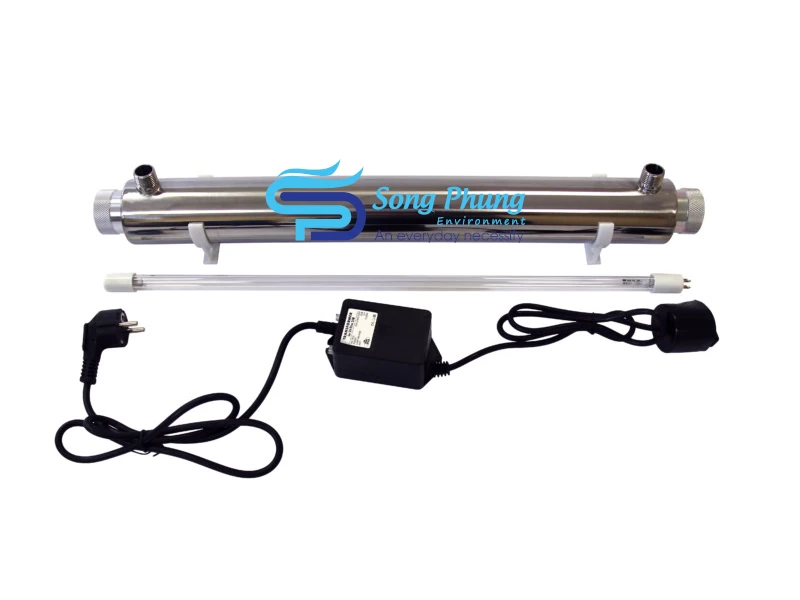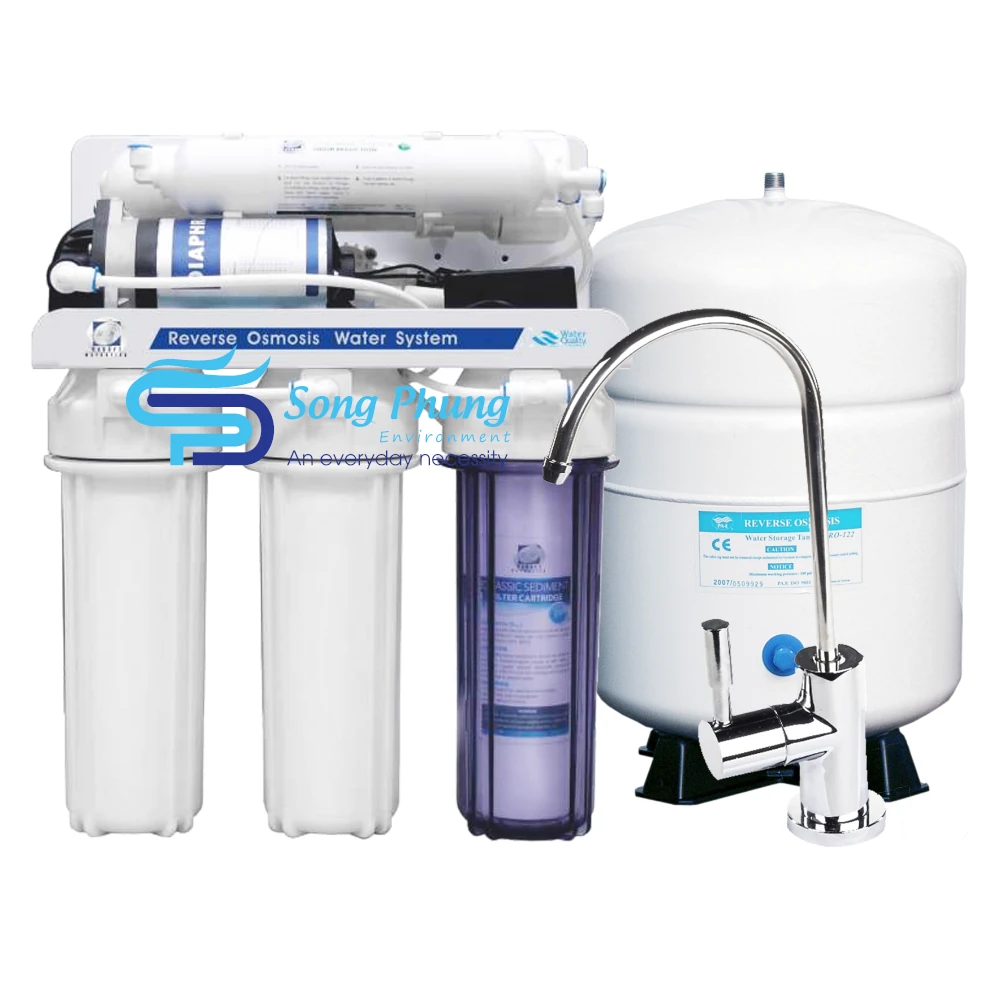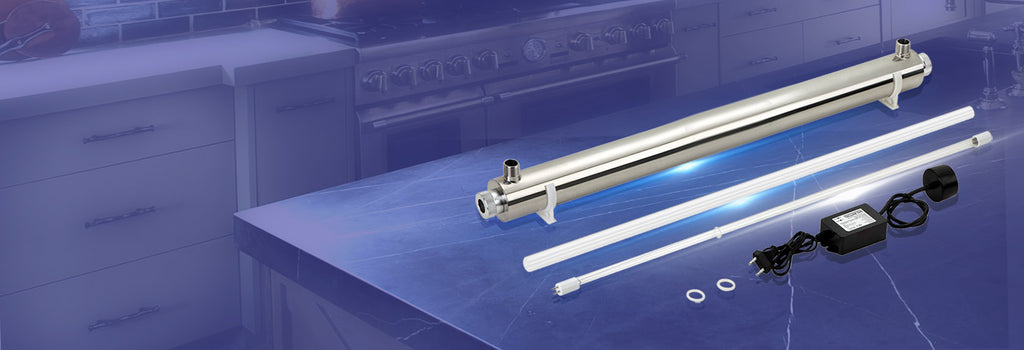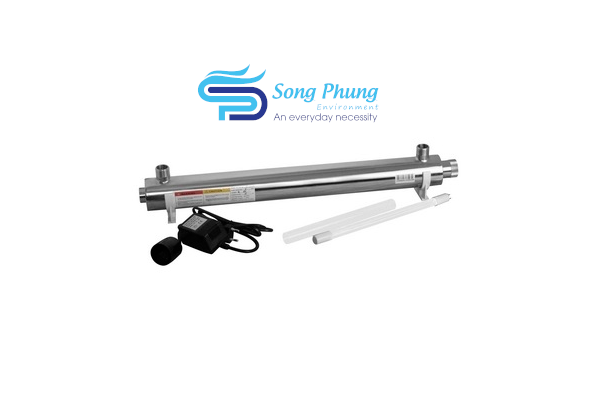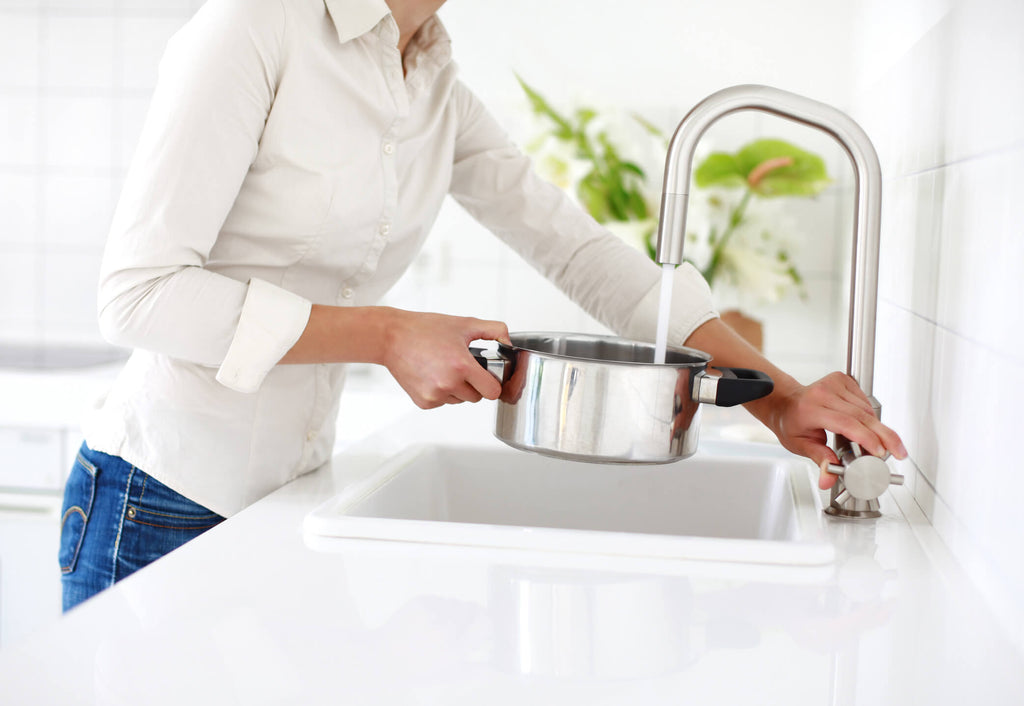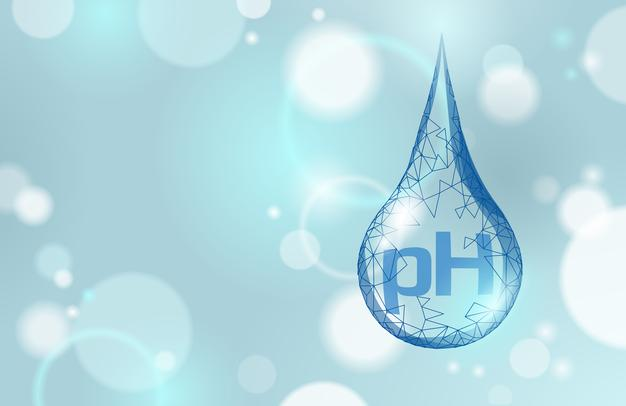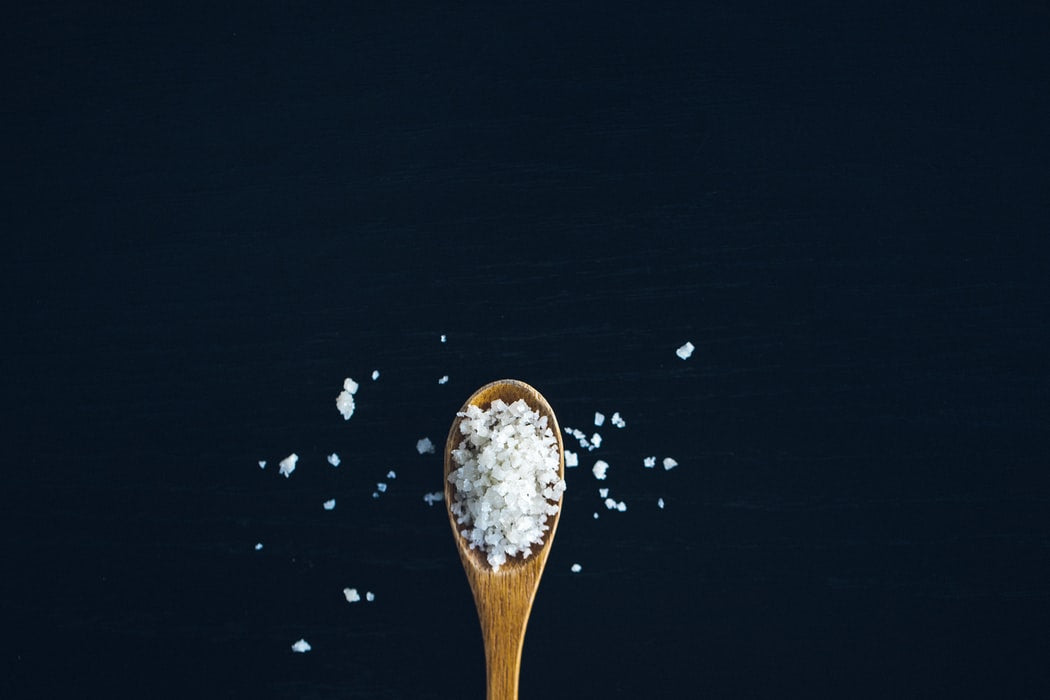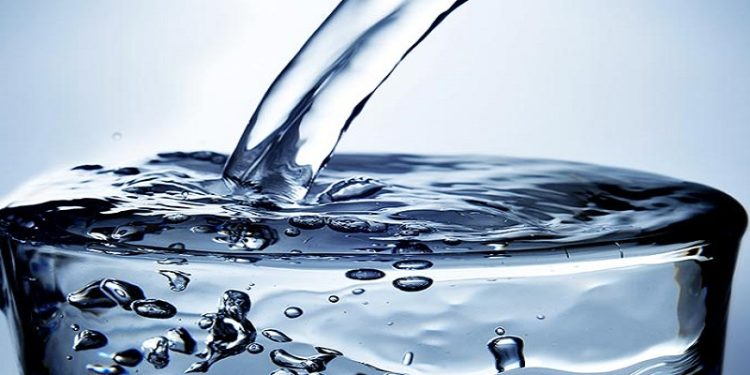Filter rainwater to drink
Using rainwater is an efficient way to save financial on water requirements, also reducing wastewater and pollution to the environment. Many families use water to clean their car and to grow their plants, while others use it for their daily needs. There are many conflicting views on the use of rainwater, let’s find out with Song Phung! 
Can you drink rainwater?
Collecting rainwater?
As rainwater flows down the roof, it collects in the gutters, runs through some coarse filters in the ducts, and flows to the water tank.
A hose can then be attached to the tank to provide water for gardening, car washing, lawn watering and other outdoor uses. In addition, rainwater can be collected into the household’s water supply system. No matter what the collected rainwater is used for, it can save you money on water, prevent soil erosion, and help protect the environment.
Without going through any water filtration system, rainwater is not safe to drink. As rainwater flows from the roof to the gutters, it can carry contaminants such as viruses, bacteria, bird droppings, leaves, twigs, insects, and more. Even if water falls directly into the tank, it will bring pollution in the air. This pollution is more serious when your family lives near industrial zones. The consumption of untreated rainwater will affect health.
Recently, rainwater was found to contain PFAS (Polyfluoroalkyl) compounds. If this compound remains in the human body for a long time, it can lead to cancer, increased cholesterol levels, liver and kidney damage, immune system deficiency and thyroid problems. PFAS has been found in rainwater globally, making rainwater unsafe to drink anywhere in the world.
The process of making rainwater drinkable
There are two steps required to treat rainwater before drinking it: disinfection and filtration of rainwater. In some cases, these two processes can be performed at the same time, and other techniques require them to be performed separately.
UV sterilization
When rainwater comes into contact with the roof, it can pick up bacteria and viruses from a variety of sources. To make the water drinkable, you will need to destroy or remove these contaminants through UV sterilization or distillation.
UV disinfection is an essential stage of rainwater filtration that must occur prior to filtration or final treatment. The purifier has a UV lamp that emits light of ultraviolet waves that penetrate the cell walls of microorganisms to prevent them from re-infecting. This makes bacteria and viruses in the water harmless to consume. For UV disinfection to be effective, the water to be disinfected must be free of other contaminants. For the UV system to work properly, a residue filter with a minimum index of 5 microns should be installed before the filter to remove any dirt or debris from shielding bacteria or viruses. If the water is not treated first, contaminants will prevent UV rays from penetrating the cell walls and make the water safe to drink.
Advantages of UV sterilization over distillation for rainwater treatment:
- Use less power
- Much faster sterilization time
Disadvantages of UV sterilization compared to distillation for rainwater treatment:
- Does not remove other impurities from the water
- Can’t remove bacteria and viruses from water
See more: Introduction of UV lamp – Advice on choosing a UV lamp to disinfect water
Water distillation
Distillation is effective in separating harmful elements, bacteria and viruses from water. This is a one-step process to make rainwater drinkable. A water distiller is not a filter in the traditional sense. Instead, the water is heated past the boiling point, collecting the steam on the ceiling of the distillation unit and cooling the condensate to a liquid form. The water produced is almost free of impurities and can be drunk directly.
Advantages of distillation over reverse osmosis for rainwater treatment:
- No complicated plumbing required
- It only takes one step to filter rain water
- Simple installation and inexpensive in replacement of consumables
Disadvantages of distillation compared to reverse osmosis for rainwater treatment:
- Long time and suitable for small capacity
- Requires heavy use of power to heat the resistor
- No remineralization
Filter rainwater
Although rainwater is a natural source of water, atmospheric gasses still contaminate it before it reaches the earth. Water contaminated with impurities, smoke, dust, bacteria fell on the tile roof – where there is a lot of soil, sand… Before using rain water to drink, it must be filtered out of these impurities.
Reverse osmosis (RO) rainwater purifiers are considered as one of the best filtration methods available to households. They can remove most impurities like sediment, salt, VOCs, lead, copper, fluoride, chlorine and many more impurities from water. However, because rainwater can harbor bacteria and viruses, a unilateral reverse osmosis system will not make rainwater safe to drink. It must be combined with a UV lamp to ensure that both harmful elements are eliminated, bacteria and viruses are destroyed.
Advantages of reverse osmosis over distillation for rainwater treatment:
- Faster productivity times
- Less energy used per unit of water
- Can be used for more applications
- Capable of re-mineralization
Disadvantages of reverse osmosis compared to distillation for rainwater treatment:
- Installation is more complicated and expensive
- Requires periodic filter element replacement
See more: Instructions for installing and operating a household water RO filter
Is rainwater safe to drink after boiling?
When boiling rainwater kills microorganisms in the water, chemical substances, dust particles and elemental contaminants will not be removed. Because the water is evaporated as steam during the boiling process, the impurities in this residual water will become more concentrated than they were before the water was boiled. This is why it is important to pass water through a mechanical filtration method such as a sediment filter before further treatment.
You can order rainwater treatment equipment distributed by Song Phung at:https://cleanwater.com.vn/san-pham
Or contact hotline 0913.90.72.74 for advice and quotation of suitable water filtration systems.
Follow Fanpage: https://www.facebook.com/SongPhungthietbinganhnuoc/ to update new products.
Translator: Duong Nguyen Hoang Khang

